ORIGINAL RESEARCH
Published on 14 Jul 2023
Correlation between neutrophil gelatinase phase lipocalin and cerebral small vessel disease
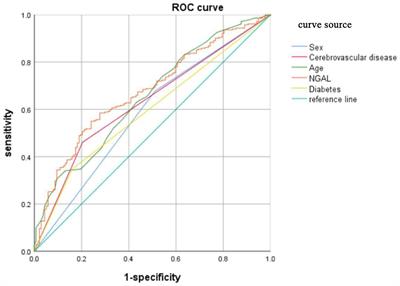
doi 10.3389/fneur.2023.1177479
- 1,357 views
11k
Total downloads
36k
Total views and downloads
ORIGINAL RESEARCH
Published on 14 Jul 2023

EDITORIAL
Published on 12 Jul 2023
SYSTEMATIC REVIEW
Published on 02 Jun 2023
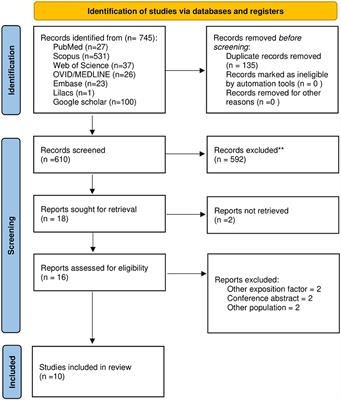
ORIGINAL RESEARCH
Published on 25 May 2023
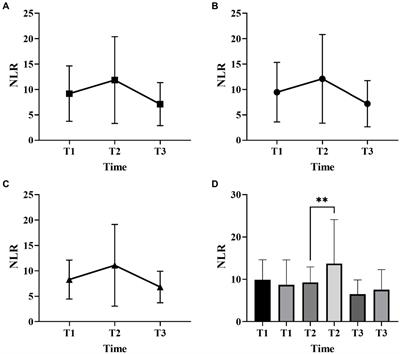
REVIEW
Published on 12 May 2023

REVIEW
Published on 05 May 2023
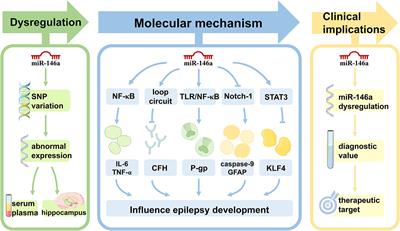
ORIGINAL RESEARCH
Published on 05 Apr 2023
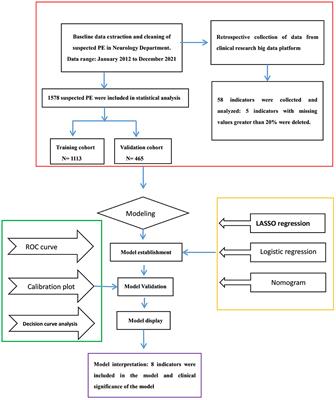
ORIGINAL RESEARCH
Published on 10 Mar 2023
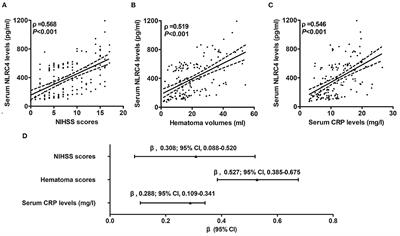
ORIGINAL RESEARCH
Published on 24 Jan 2023
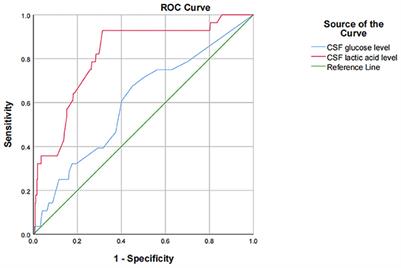
ORIGINAL RESEARCH
Published on 12 Jan 2023
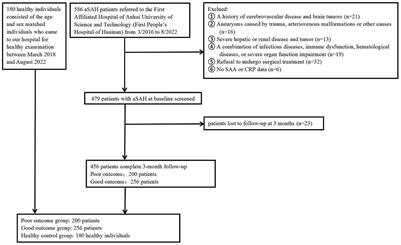
ORIGINAL RESEARCH
Published on 09 Jan 2023
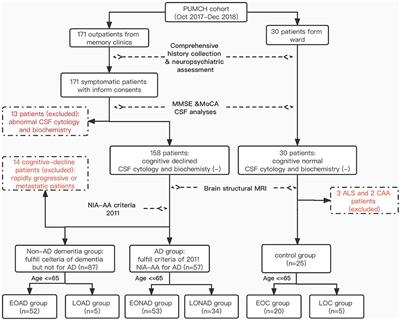
ORIGINAL RESEARCH
Published on 04 Jan 2023
